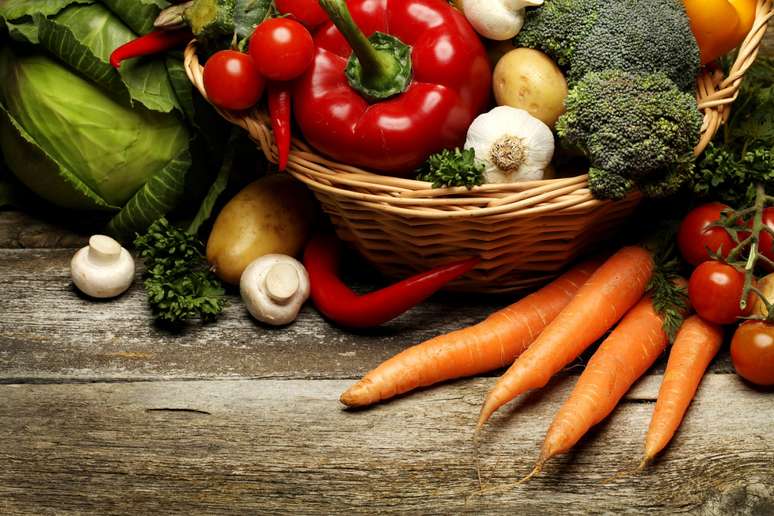The expert explains the benefits of fruit and vegetables grown without pesticides
The search for a healthier and more balanced diet has become one of people’s priorities today, also given the convenience and savings associated with processed foods. In this scenario, organic foods are gaining a huge space on the tables of Brazilians.
From this perspective, Saulo Marti, specialist in food retailing and co-founder of Different, to boot that delivers organic food to your home, lists some benefits resulting from the daily consumption of these foods!
1. No additives or preservatives
Produced and grown 100% naturally, organic foods are free from the addition of pesticides, chemical fertilizers, synthetic or transgenic substances and do not involve the use of antibiotics or any type of hormones. In other words, the definition is related to your cultivation way.
“Because they are generated in a ‘pure’ way, without additives or preservatives, the products end up presenting a greater quantity and nutritional quality,” explains Saulo. In the case of fruit, vegetablesOrganic vegetables and grains, for example, tend to get higher levels of phytochemicals (bioactive compounds with antioxidant action), which can help prevent premature aging and help avoid diseases ranging from cancer to cardiovascular disease .
2. More vitamin C
Comparative studies between organic food and those exposed to chemicals show that the first group has a higher content of vitamin C, carotenoids and polyphenols. Furthermore, they have lower levels of heavy metals and residues of fertilizers, nitrates and pesticides, the latter responsible for alarming rates in Brazil.
This is because, according to research conducted by the Brazilian Association of Public Health (Abrasco), a Brazilian consumes, on average, 7.3 liters of pesticides per year. The data becomes alarming if we consider that the country is still identified as the main market for pesticides considered “highly dangerous”, according to a survey carried out by Unearthed. It is worth remembering that this classification is made by the World Health Organization (WHO), which defines them as “recognized as presenting particularly high levels of acute or chronic risks to health or the environment”.

3. Balance and economy
With all this exposed, it is clear that the choice of food Organic food is a way to lead a more balanced life. Its adoption helps the process of changing habits, since the consumption of pesticide-free foods contributes to a more balanced and diversified diet throughout the year. This is mainly due to the seasonality of food production, as products are not produced evenly throughout the year, a fundamental principle in organic farming.
“Producing at different times of the year not only encourages consumers to innovate and diversify their fruit and vegetable menu based on the current harvest, but also helps them save when choosing food, as the price varies greatly depending on the market availability”. article,” says Saulo.
4. Good for the environment
It is also worth highlighting that the benefits of organic foods go well beyond nutritional and quality indices. Because it is based on the sustainable extraction model, i.e. the plantations take place in places suited to their culture.
This practice effectively preserves the environment, since it does not pollute the air, soil and aquifers, as well as bringing benefits to the farmers themselves, since they do not have to handle highly toxic and aggressive substances for human health.
The truth is that consuming organic foods can be an extremely positive change for those who want to make their lives healthier. People who begin to incorporate this behavior tend to experience a significant improvement in their well-being and quality of life.
By Renato Caliman
Source: Terra
Ben Stock is a lifestyle journalist and author at Gossipify. He writes about topics such as health, wellness, travel, food and home decor. He provides practical advice and inspiration to improve well-being, keeps readers up to date with latest lifestyle news and trends, known for his engaging writing style, in-depth analysis and unique perspectives.








